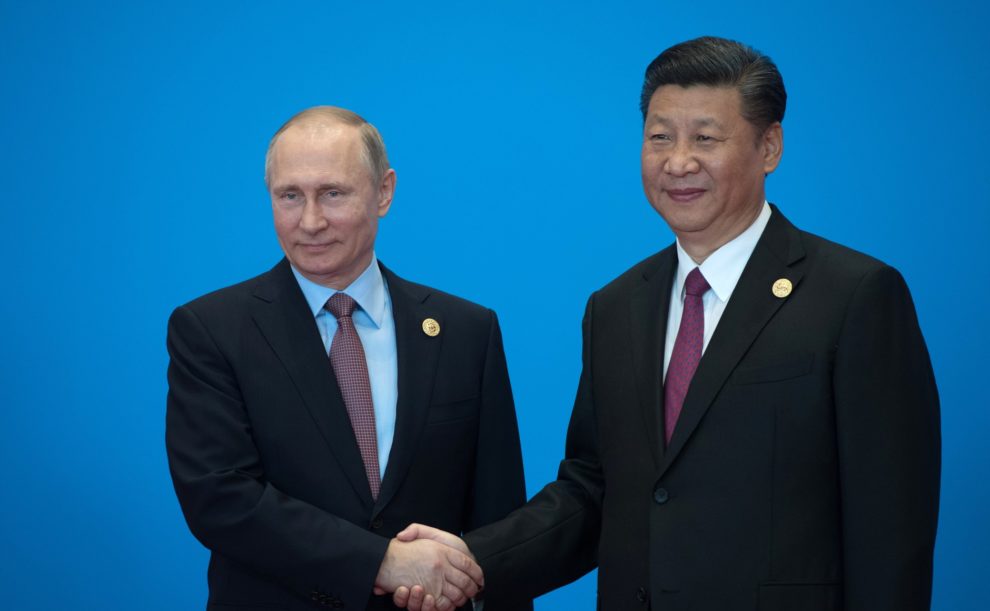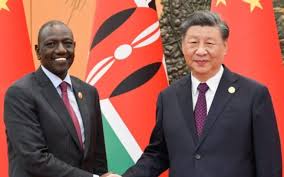
Chinese President Xi Jinping began welcoming dignitaries including United Nations chief Antonio Guterres and Egyptian Premier Moustafa Madbouly on Saturday before a summit attended by leaders from more than 20 countries.
The Shanghai Cooperation Organisation gathering will be held in the northern port city of Tianjin on Sunday and Monday, days before a massive military parade in nearby Beijing to mark 80 years since the end of World War II.
North Korea’s Kim Jong Un will be among some 26 world leaders slated to attend the parade.
The SCO comprises China, India, Russia, Pakistan, Iran, Kazakhstan, Kyrgyzstan, Tajikistan, Uzbekistan and Belarus. Sixteen more countries are affiliated as observers or “dialogue partners”.
Russian President Vladimir Putin and Indian Prime Minister Narendra Modi are also due to arrive in Tianjin ahead of the summit.
China and Russia have used the organisation — sometimes touted as a counter to the Western-dominated NATO military alliance — to deepen ties with Central Asian states.
Other leaders including Iranian and Turkish presidents Masoud Pezeshkian and Recep Tayyip Erdogan will also attend the bloc’s largest meeting since its founding in 2001.
Multiple bilateral meetings are expected to be held on the sidelines of the summit.
The Kremlin said on Friday that Putin will discuss the Ukraine conflict with Erdogan on Monday.
Turkey has hosted three rounds of peace talks between Russia and Ukraine this year that have failed to break the deadlock over how to end the conflict, triggered when Moscow launched its invasion of its pro-European neighbour in February 2022.
Putin will also talk about Tehran’s nuclear programme on Monday with his Iranian counterpart Pezeshkian, a meeting that comes as Iran faces fresh Western pressure.
Britain, France and Germany, known as the E3, triggered a “snapback” mechanism on Thursday to reinstate UN sanctions on Tehran for failing to comply with commitments made in a 2015 deal over its nuclear programme.
Russia’s foreign ministry warned that the reimposition of sanctions against Iran risked “irreparable consequences”.
Tehran and Moscow have been bolstering political, military and economic ties over the past decade as Russia drifted away from the West.
Relations between them grew even closer after Moscow launched its offensive against Ukraine.
Modi’s visit comes after a trip to Japan, and is his first to China since 2018.
The world’s two most populous nations are intense rivals competing for influence across South Asia and fought a deadly border clash in 2020.
A thaw began last October when Modi met with Xi for the first time in five years at a summit in Russia. (Punch)

